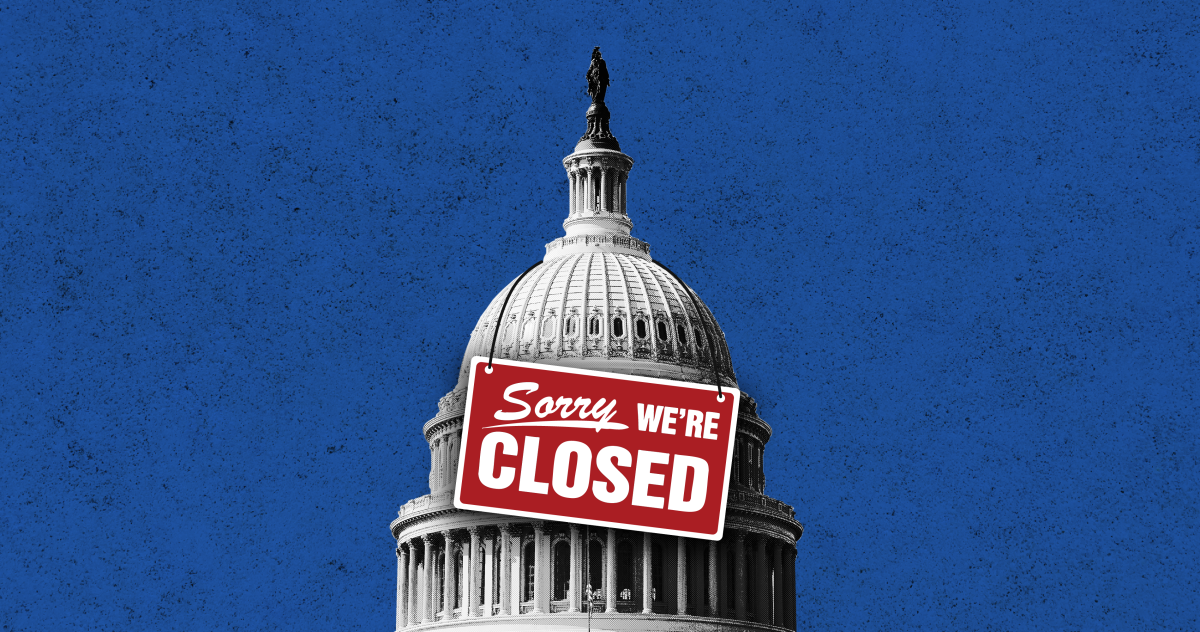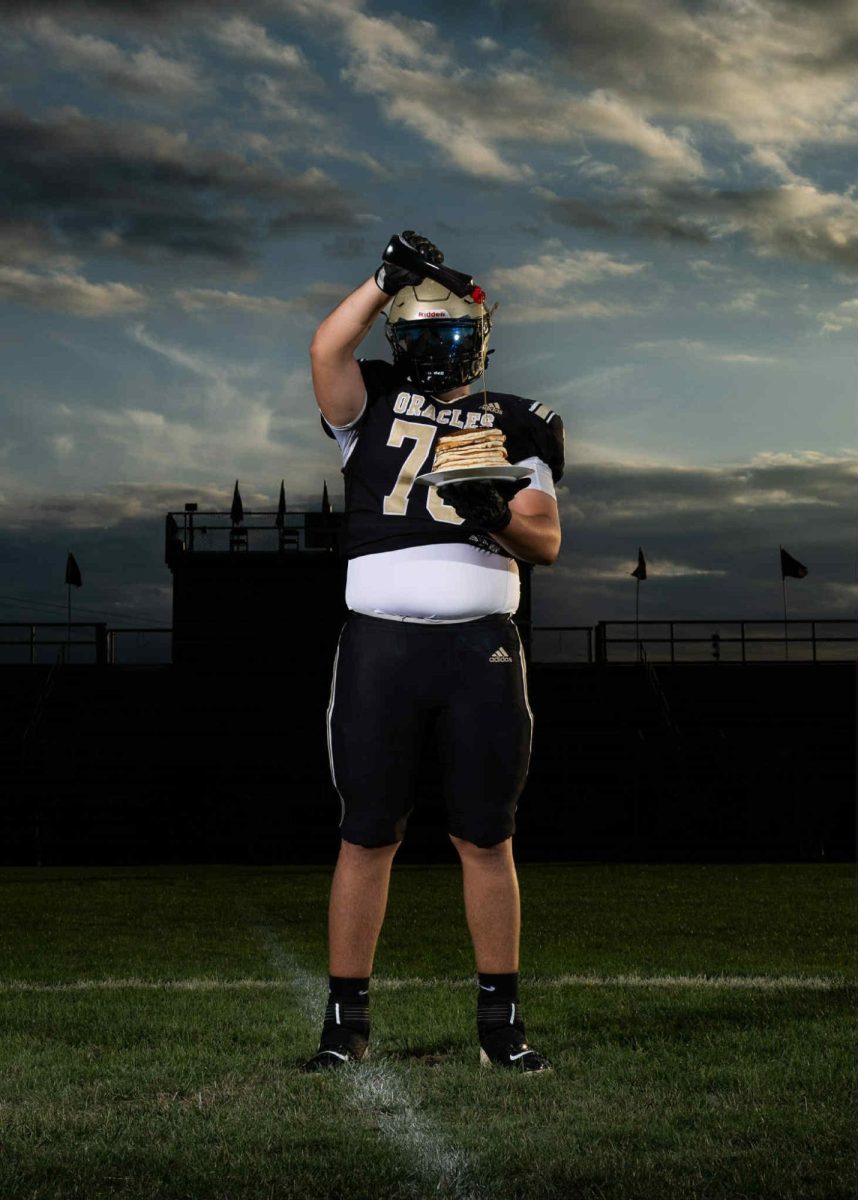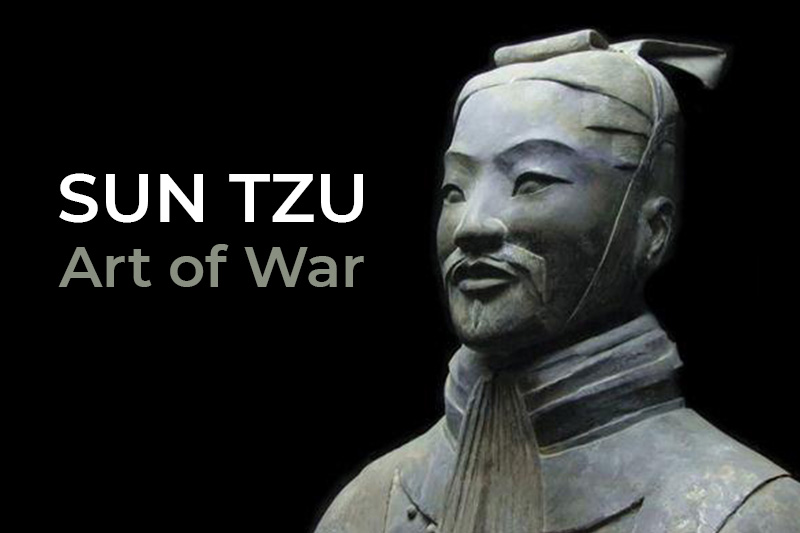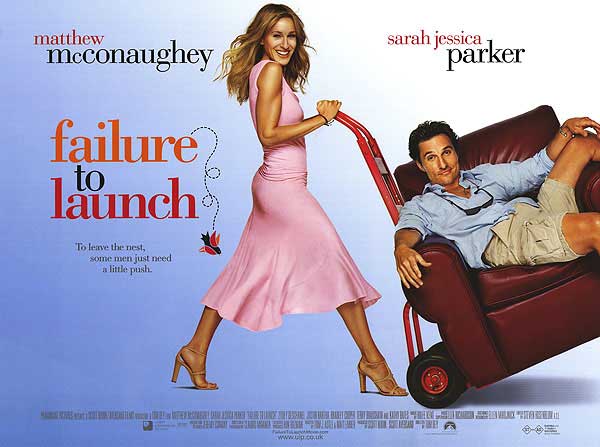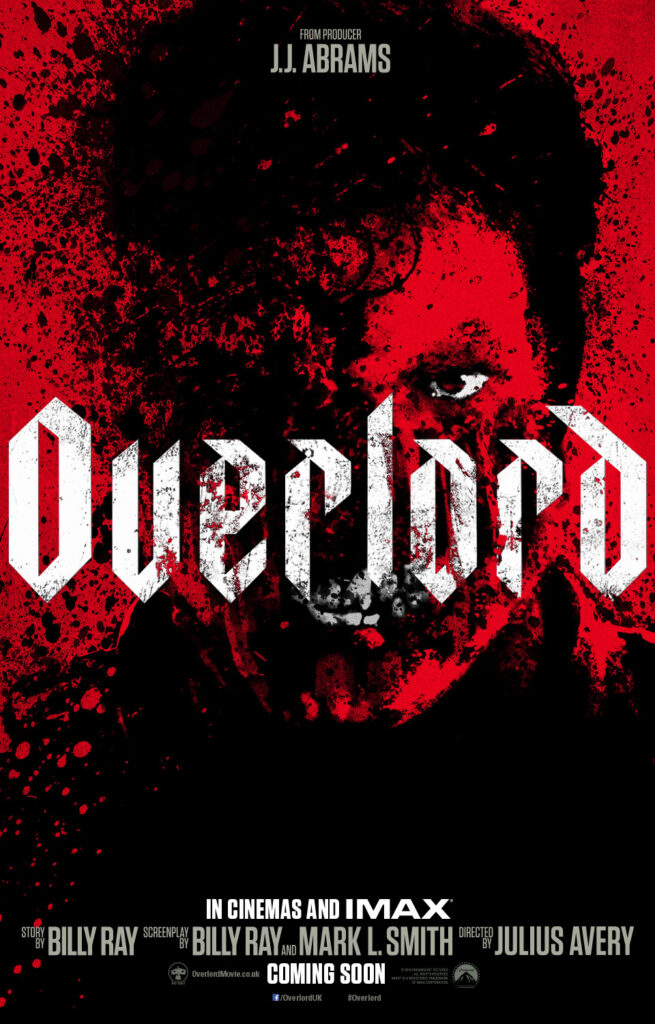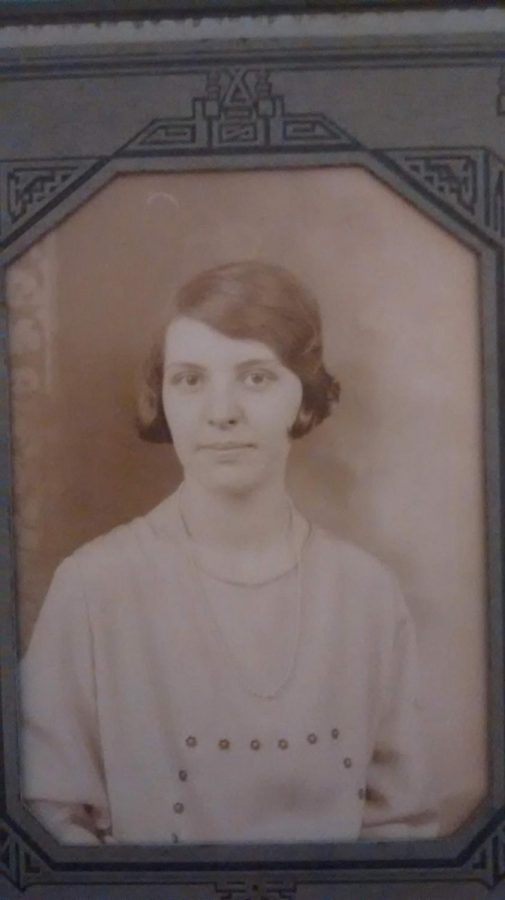Traversing the past: How small actions can influence your family for generations
Alfred S. Ladd, or Fred as he was better known, was a man without a birthplace. On different federal and state government records, he lists himself as being born in either Pennsylvania, Tennessee, or Minnesota. His occupation? A laborer, and later on a member of the circus—or so it was reported. Before the 1920s, when he was reportedly in his 30s, there was no mention of Fred in any federal or state document. He simply didn’t exist, or if he did, his last name possibly wasn’t Ladd. Whether on the run from the law, an immigrant, or simply a fluke, the truth behind Fred Ladd, my great-great grandfather, may never be certain. However, one thing is clear: without “Fred Ladd,” you would not be reading this right now.
Over Spring Break, I got the chance to go with my family to the Fort Wayne Public Library and do some genealogical research there. While my initial thoughts starting off were that this would be a boring internet search, I quickly became engrossed in the hunt, eventually eating through hours of my time. I found records reaching back to the 1800s, and learned of so many relatives that it was almost overwhelming.
With all of these people I was apparently related to, I started to become more interested in the stories behind them. Who were they, and how had they gotten to where they had? I am a firm believer in the fact that everyone has a story, and so I began asking some of my living relatives about some certain figures. As the stories began to pour out, I realized that a theme was beginning to develop.
Like I mentioned before, Fred Ladd was a bit of a mystery in the family tree. However, as details started to emerge, the bigger picture began to come into partial completion. Fred was apparently the scoundrel of the family. While for reasons not specified, he was eventually kicked out of the house and family by his own son. My namesake, who may not have even been named “Ladd” was excommunicated from the family. When I think about it now, I wonder of the potential consequences if things were done differently. What if Fred had been a better influence, instead of committing the horrible act that caused his own son to kick him out of the family. Or darker yet, what if he had been worse than he already was, and somebody died as a result?
While it’s easy for actions of the past to negatively affect our future, it is just as easy for them to positively impact us as well. My grandfather’s mother died when he was only two years old, leaving his father to take care of three young children by himself. This presented a problem. As a family with young children, income would be needed to support them Yet there also needed to be someone to take care of the children. Thankfully, his mother-in-law, Eva, whose daughter had died giving birth, stepped in to help her son-in-law out, and raise her grandchildren. Without Eva, my grandfather and his siblings wouldn’t have been raised in the setting they were, with an adult at home helping to raise them.
Genealogy, while seemly a fad backed by the DNA kits you see advertised everywhere nowadays, may not be the stereotypical boring thing we once thought it to be. Learning your own genealogy can help you to understand you own beginnings, and figure out the circumstances that brought you to the place you are now. We live in the future of the past, where the decisions made then impact us now. However, we also must remember that we are the past of the future, and that the decisions WE make can impact our family of the future.
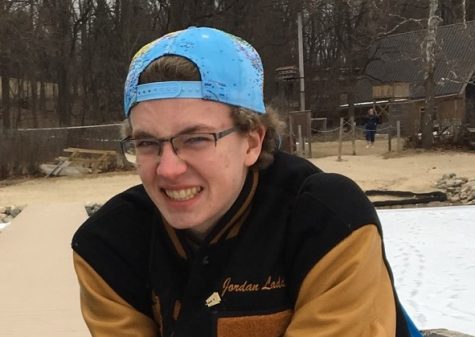
Jordan is a senior at Delphi, and this is his third year writing for Parnassus. He is involved in Interact, SADD, NHS, Band, and swims on the swim team....


